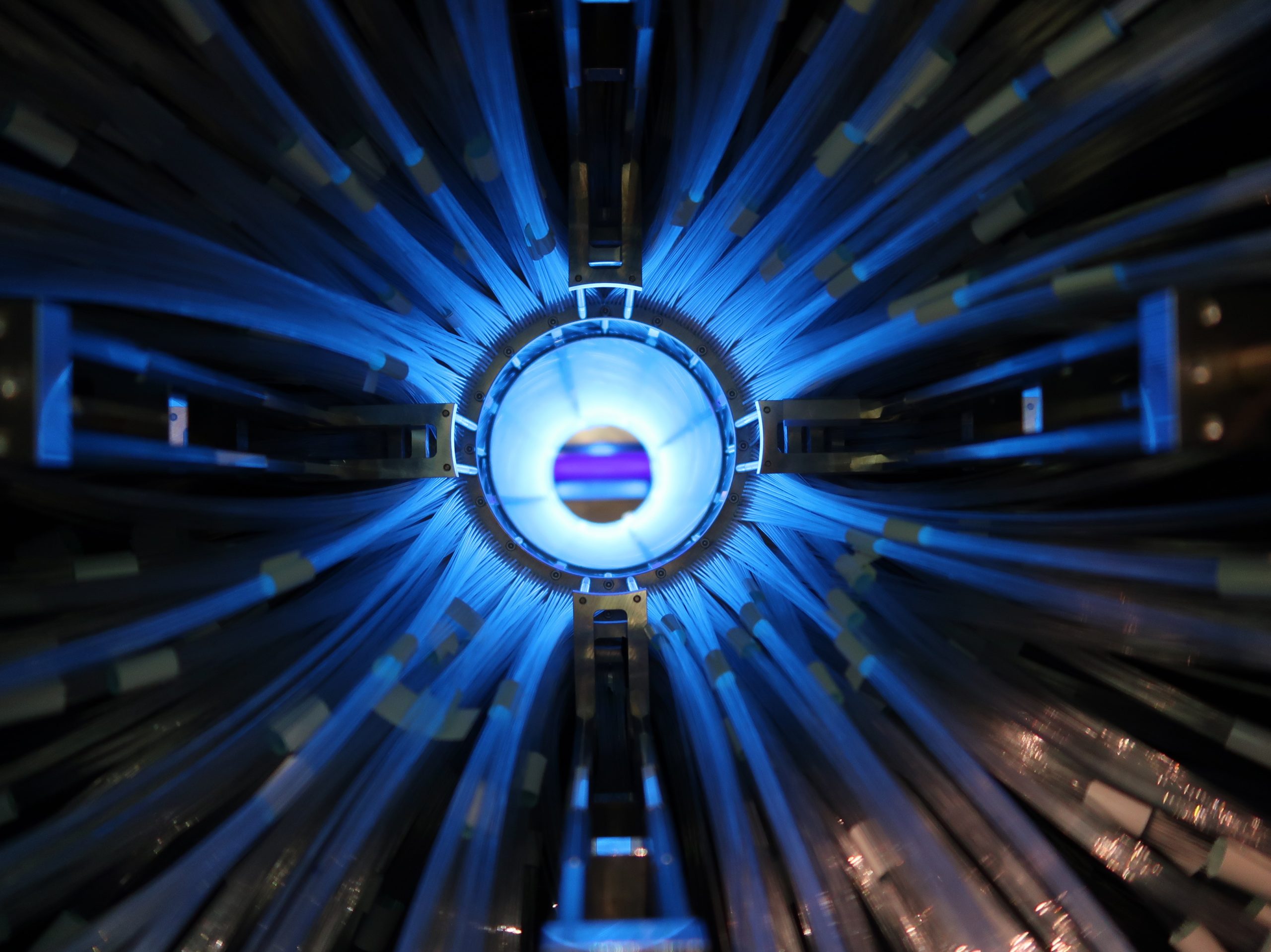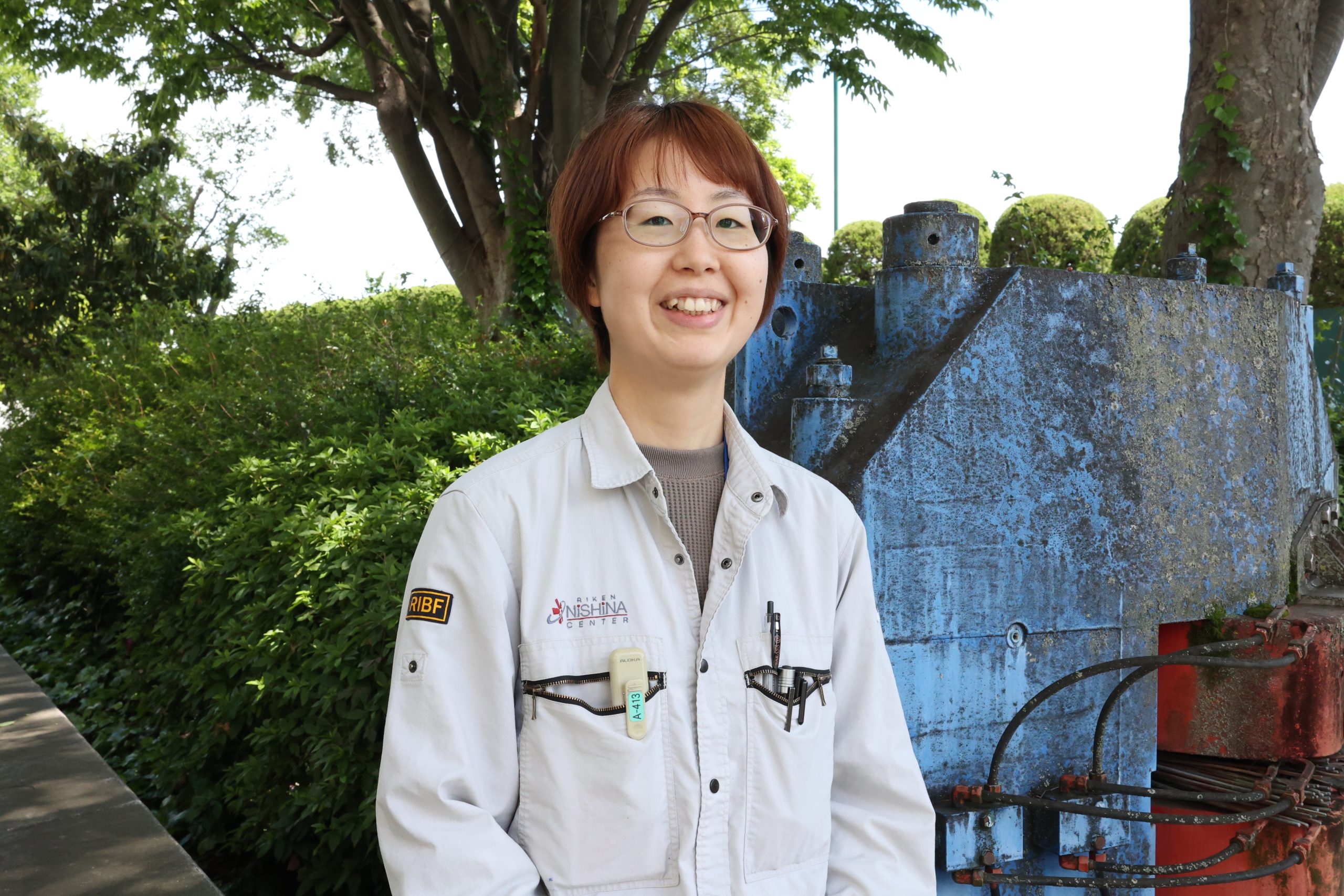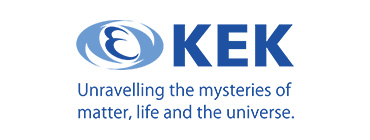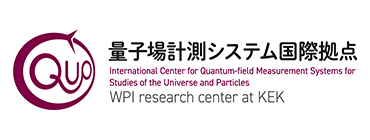- Topics
[Welcome to the IPNS] Interview with Dr. Mukai Momo of Wako Nuclear Science Center
October 21st, 2024
In Aug. 2024, Dr. Mukai Momo joined Wako Nuclear Science Center at IPNS as an assistant professor.
We interviewed her about what sparked her interest in the world of nuclear physics, the research he has conducted, and how she refreshes her mind when faced with challenges in her work.
■What sparked your interest in nuclear physics?
I was interested in astrophysics and entered a university that had laboratories in that field. However, I found it interesting to measure invisible radiation with radiation detectors and analyze it in a magnetic field in a practical class, and I wanted to learn more about experiments. Thus, I switched to nuclear experiments for my bachelor thesis. Later, I learned about the connection between astronomical phenomena and nuclear physics in an intensive course and became interested in the contribution nuclear research can make to the understanding of astronomical phenomena, so I decided to continue my research in this field.
■What kind of research were you involved in before coming to KEK?
From the master’s program, I was involved in the devalopment and research at the KEK Isotope Separation System(KISS), which construction had just started, under Prof. Miyatake and Prof. Jeong, who headed the nuclear experiment laboratory at KEK, and eventually received my Ph.D. After receiving my Ph.D., I joined an experiment led by a professor in the laboratory at the university called the Rare RI Ring (R3), an instrument for precise mass measurement of nuclei, and participated in the development of a high time-resolution time-of-flight detector and in experiments to measure the mass of neutron-rich Ni isotopes. Later, I was given the opportunity to work at KISS again at RIKEN, where I developed ion guides, a detector for decay measurements combined with precise mass measurements, helium gas cell development, isotope shift measurements of neutron-rich tungsten isotopes and decay spectroscopy of 187Ta, among other things. Last year (FY2023), I worked for one year at the Graduate School of Engineering, Nagoya University, where I worked on applied radiation measurements and laser spectroscopy that I had done in my previous research.
■What kind of research do you hope to pursue at KEK?
Through experimental studies of nuclei, I would like to advance our understanding of the astronomical environments in which heavy elements originate. Currently, the bottleneck is that we do not know the properties of neutron-rich nuclei that are thought to be synthesized in astronomical environments, and we need to clarify their properties experimentally. We are currently working on a plan to upgrade KISS, an experimental instrument for producing and spectroscopy neutron-rich nuclei, which have been difficult to access using conventional methods. The experimental techniques required are not necessarily well established, so there are many challenges, but I find them rewarding. The process of advancing spectroscopy of unknown nuclides toward the target nuclides and accumulating knowledge is also meaningful, and I would like to work on it enthusiastically.
■Can you share your method of refreshing your mind when facing difficulties in research and work?
I take care of my plants to refresh myself. There are many things I need to take care of, such as watering, sunlight, ventilation, and pest control, and while I am taking care of the plants, I can naturally forget about work. I feel happy when the plants grow well, or when something that once lost its energy perks up. I feel that these small successes are an effective way to refresh myself.
——————
Dr. Mukai got the Young Scientist Award of the Physical Society of Japan in 2024, Nuclear Discussion Meeting Young Researcher Award.This award was established to recognize promising young researchers who have conducted outstanding research in the field of experimental nuclear physics and published papers with global impact.
We look forward to her future activities at the IPNS!








